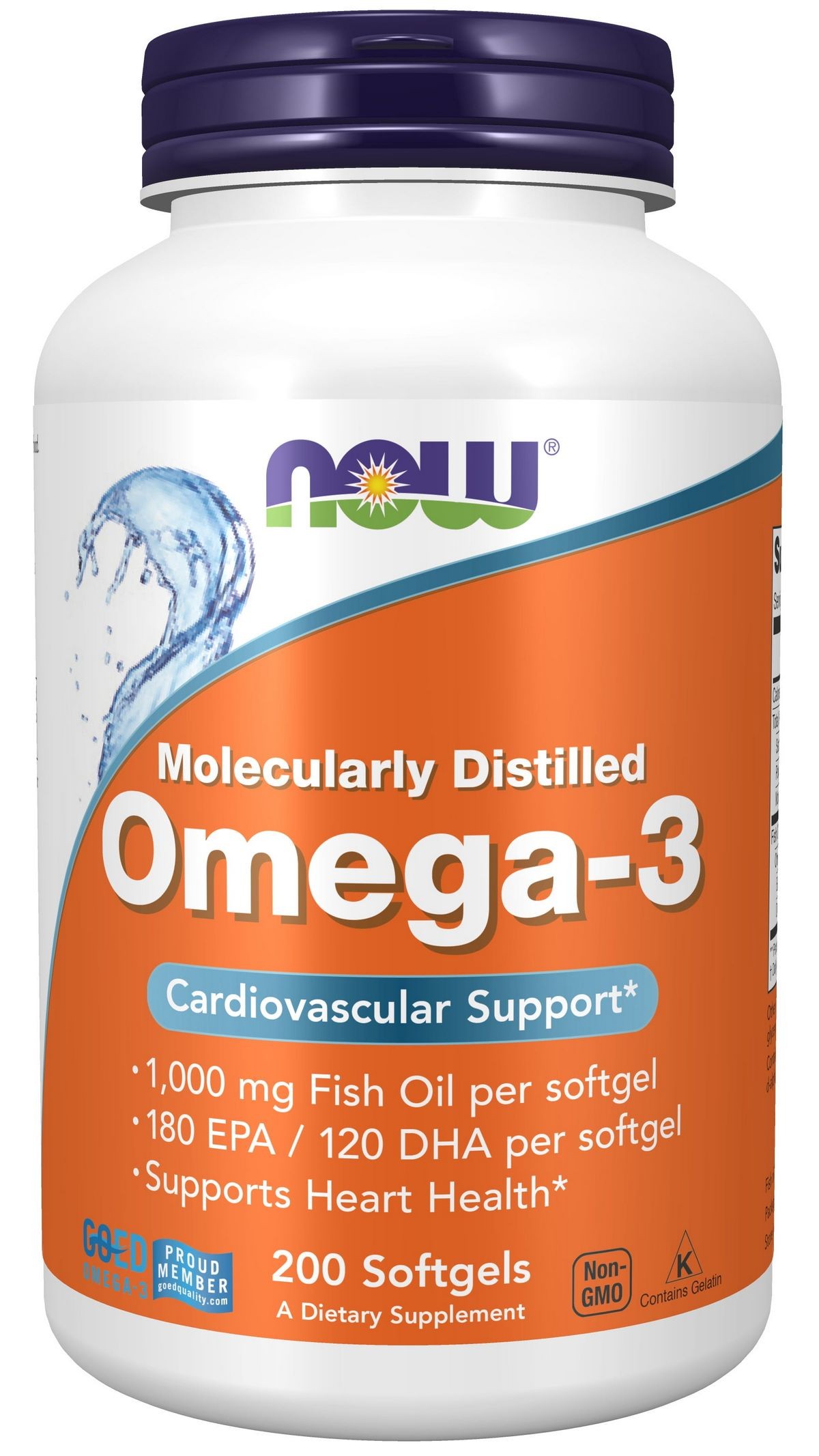
Contents
- 1 Oral Omega-3 Fatty Acids: Max EPA, Omega-3, Salmon Oil
- 1.1 High Blood Pressure (Hypertension)
- 1.2 Rheumatoid Arthritis (RA)
- 1.3 Lupus (Systemic Lupus Erythematosus or SLE)
- 1.4 Lowering Triglycerides Naturally
- 1.5 Atopic Dermatitis
- 1.6 Ulcerative Colitis
- 1.7 Autism Spectrum Disorder
- 1.8 Inflammatory Bowel Disease (IBD) Diet
- 1.9 Omega-3 Fatty Acids
- 1.10 Heart Attack Treatment
- 1.11 What Is IgA Nephropathy (Berger’s Disease)?
Oral Omega-3 Fatty Acids: Max EPA, Omega-3, Salmon Oil
Medication Uses | How To Use | Side Effects | Precautions | Drug Interactions | Overdose | Notes | Missed Dose | Storage
USES: Omega-3 fatty acids help reduce the risk of heart disease and promote healthy skin. They also lower triglyceride levels and raise "good" cholesterol levels when combined with diet and exercise. This product may also treat high blood pressure or rheumatoid arthritis. Some supplements may contain harmful impurities/additives. Consult your pharmacist for more details.
HOW TO USE: Take this product as directed. Follow all package label instructions. If unsure, consult your doctor or pharmacist. If using enteric-coated capsules, swallow them whole. If using chewable form, chew thoroughly before swallowing. Seek immediate medical attention if condition worsens or if you suspect a serious medical problem.
SIDE EFFECTS: Fishy aftertaste (with fish oil), nausea, bloating, or burping may occur. If any of these effects persist or worsen, tell your doctor or pharmacist promptly. Serious side effects may include easy bleeding/bruising. Seek immediate medical attention if any severe allergic reaction symptoms occur. This is not a complete list of possible side effects. Contact your doctor for medical advice about side effects.
PRECAUTIONS: Tell your doctor or pharmacist if you are allergic to omega-3 fatty acids, fish, or have any other allergies. This product may contain inactive ingredients that can cause allergic reactions or other problems. Discuss the risks and benefits of using this medication during pregnancy. It is unknown if this product passes into breast milk. Consult your doctor before breastfeeding.
DRUG INTERACTIONS: Your doctor or pharmacist may be monitoring for possible drug interactions if you are taking this product. Do not change your medication dosage without consulting your doctor or pharmacist. Tell your doctor or pharmacist about all prescription and nonprescription/herbal products you use. This document does not contain all possible interactions. Keep a list of all medications and share it with your doctor and pharmacist.
OVERDOSE: If overdose is suspected, contact a poison control center or emergency room immediately. US residents can call their local poison control center at 1-800-222-1222. Canadian residents should call a provincial poison control center.
NOTES: Keep all regular medical and laboratory appointments. Tests may be performed to monitor progress or check for side effects. Consult your doctor for more details.-
MISSED DOSE: If using this product on a regular schedule and you miss a dose, take it as soon as you remember. If it is near the time for the next dose, skip the missed dose and resume your usual dosing schedule. Do not double the dose to catch up.
STORAGE: Follow the storage information on the package. If you have questions, ask your pharmacist. Protect from light and moisture. Do not store in the bathroom. Do not freeze. Keep all drug products away from children and pets. Do not flush medications down the toilet or pour them into a drain. Properly discard this product when expired or no longer needed. Consult your pharmacist or local waste disposal company for more details on how to safely discard the product. Information last revised February 2014. Copyright (c) 2014 First Databank, Inc.
QUESTION
Related Disease Conditions
High Blood Pressure (Hypertension)
High blood pressure is a disease in which pressure within the arteries is elevated. About 75 million people in the US have hypertension, and only half manage it. Many people are unaware of their high blood pressure because it often has no warning signs. Blood pressure is measured with systolic and diastolic readings. The American College of Cardiology defines normal blood pressure as 120/80 mmHg. If either number is higher, you have high blood pressure. The American Academy of Cardiology considers 130/80 mm Hg. or greater stage 1 hypertension, and 140/90 mm Hg. or greater stage 2 hypertension. High blood pressure increases the risk of life-threatening diseases like stroke and heart attack.
Rheumatoid Arthritis (RA)
Rheumatoid arthritis is an autoimmune disease that causes chronic inflammation of the joints and other organs in the body. Early signs and symptoms include anemia, depression, fatigue, fever, joint deformity, pain, redness, stiffness, swelling, tenderness, warmth, limping, loss of joint function and range of motion, and polyarthritis.
Lupus (Systemic Lupus Erythematosus or SLE)
Systemic lupus erythematosus is a condition characterized by chronic inflammation of body tissues caused by autoimmune disease. Lupus can cause disease of the skin, heart, lungs, kidneys, joints, and nervous system. When only the skin is involved, the condition is called discoid lupus. When internal organs are involved, the condition is called systemic lupus erythematosus (SLE).
Lowering Triglycerides Naturally
Triglycerides are fatty molecules that travel in the bloodstream. Excess sugar and fat can increase triglyceride levels. The liver also manufactures triglycerides. The body uses triglycerides for energy, but excess triglycerides are a risk factor for heart attack, stroke, and obesity. Lifestyle factors can influence triglyceride levels.
Atopic Dermatitis
Eczema is a general term for dermatitis. Atopic dermatitis is the most common type. Other types include contact eczema, allergic contact eczema, seborrheic eczema, nummular eczema, stasis dermatitis, and dyshidrotic eczema.
Ulcerative Colitis
Ulcerative colitis is a chronic inflammation of the colon. Symptoms include abdominal pain, diarrhea, and rectal bleeding. Ulcerative colitis is closely related to Crohn’s disease and is part of inflammatory bowel disease. Treatment depends on the type of ulcerative colitis diagnosed.
Autism Spectrum Disorder
Autism is a developmental disorder characterized by impaired development in communication, social interaction, and behavior. It is part of a broad spectrum of developmental disorders affecting children and adults. There are numerous theories and studies about the cause of autism. The treatment model for autism is an educational program suitable to an individual’s developmental level. There is no cure for autism.
Inflammatory Bowel Disease (IBD) Diet
Inflammatory bowel disease is inflammation of the digestive tract. Crohn’s disease and ulcerative colitis are the most common types. While no specific diet is recommended, a low-residue (low fiber) diet is suggested. Nutritionists and other healthcare professionals can provide recommendations and create meal plans. Foods to avoid include alcohol, dairy products, fatty, fried, spicy foods, beans, and creamy sauces. Foods to eat include plain cereals, canned fruit, rice, oatmeal, and bananas.
Omega-3 Fatty Acids
Omega-3 fatty acids are essential fats that decrease cholesterol and triglyceride levels, and reduce the risk of coronary artery disease. They are found in salmon, sardines, walnuts, and canola oil. These fats may also reduce the risk of ventricular fibrillation and sudden cardiac death.
Heart Attack Treatment
A heart attack involves damage or death of the heart muscle due to a blood clot. The aim of treatment is to prevent or stop this damage. Treatments include medications, procedures, and surgeries to protect the heart muscle.
What Is IgA Nephropathy (Berger’s Disease)?
Berger’s disease is a kidney disorder characterized by the passing of blood in the urine. This happens due to swelling of the glomeruli, the filtering units of the kidneys, caused by a buildup of a substance called IgA.


